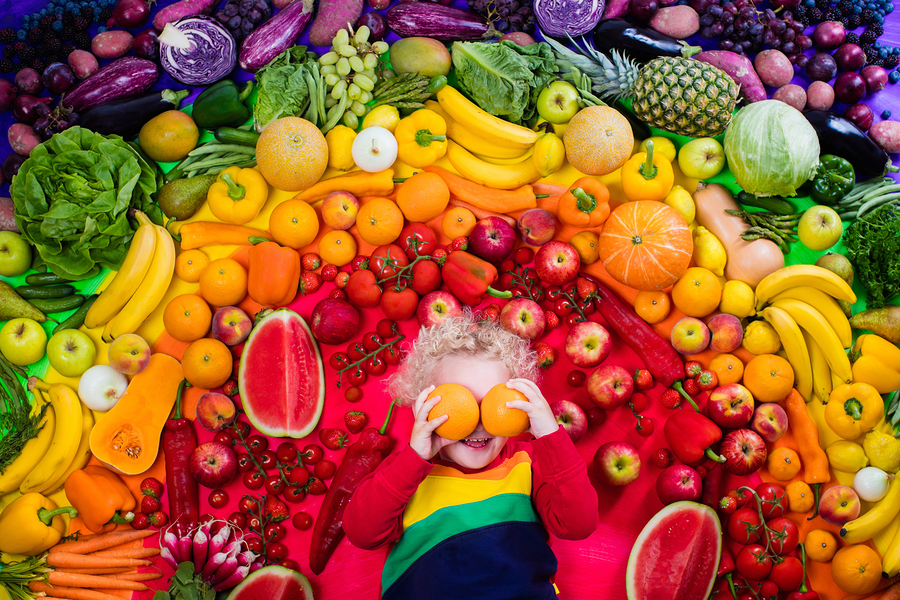- Make It Yourself Lavender Heart-Shaped Bath Bombs!
- 20 Things You Never Knew About “Down There”
- 12 Best Foods For Those Suffering From Arthritis Pain
- 12 Personal Hygiene Mistakes Almost Everyone Makes (Mom Never Told You About #4!)
- 15 Medicinal Plants And Herbs From The Cherokee People
- 12 Mind-Blowing Benefits Of Drinking Coconut Water During Pregnancy
- 12 Outstanding Winter Foods That Won’t Fatten You Up Like A Christmas Turkey
Antioxidants – 10 Myths Everyone Should Know

Photo credit: bigstockphoto.com
8. Every antioxidant is derived from fruits and vegetables
The answer here is no. It is recognized that the whole plant kingdom is full of antioxidants, but that also includes seeds, grains, beans, and nuts. Plants in general have antioxidants so they don’t have to worry about UV rays or predators. Make sure you do not count on refined grains as your source because they have lost most of their antioxidant benefits. Steer towards eggs, meat, and dairy products.
9. All antioxidant foods that are fortified are good for you
This can be very misleading. When a product such as Cherry 7-Up is advertising its antioxidant benefits, it is only because it has a very small dose of vitamin E. Make sure you read the labels on what claims to be fortified foods to make sure that you really are receiving foods that will give you the benefits of antioxidants.
READ ALSO: 10 Common Food Myths For People With Diabetes
10. Exercising and adding supplements to your diet will make you in top shape
This seems like it would make sense but it doesn’t really work this way. When you work out, your body will begin to oxidize more and produce extra free radicals which are perfectly fine. Many people will opt for more antioxidants to offset this, but when you take more antioxidants after you exercise you will ruin the benefits you receive from your workout. A study from Britain found that a group of runners who added vitamin C supplements of 1,000 mg each day actually had a drop in muscle strength. It is suggested that instead of adding supplements you find whole foods instead. Again, sometimes too much of a good thing does not make it better.
References:
































